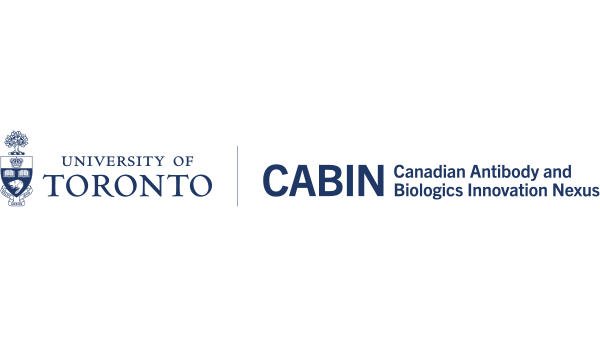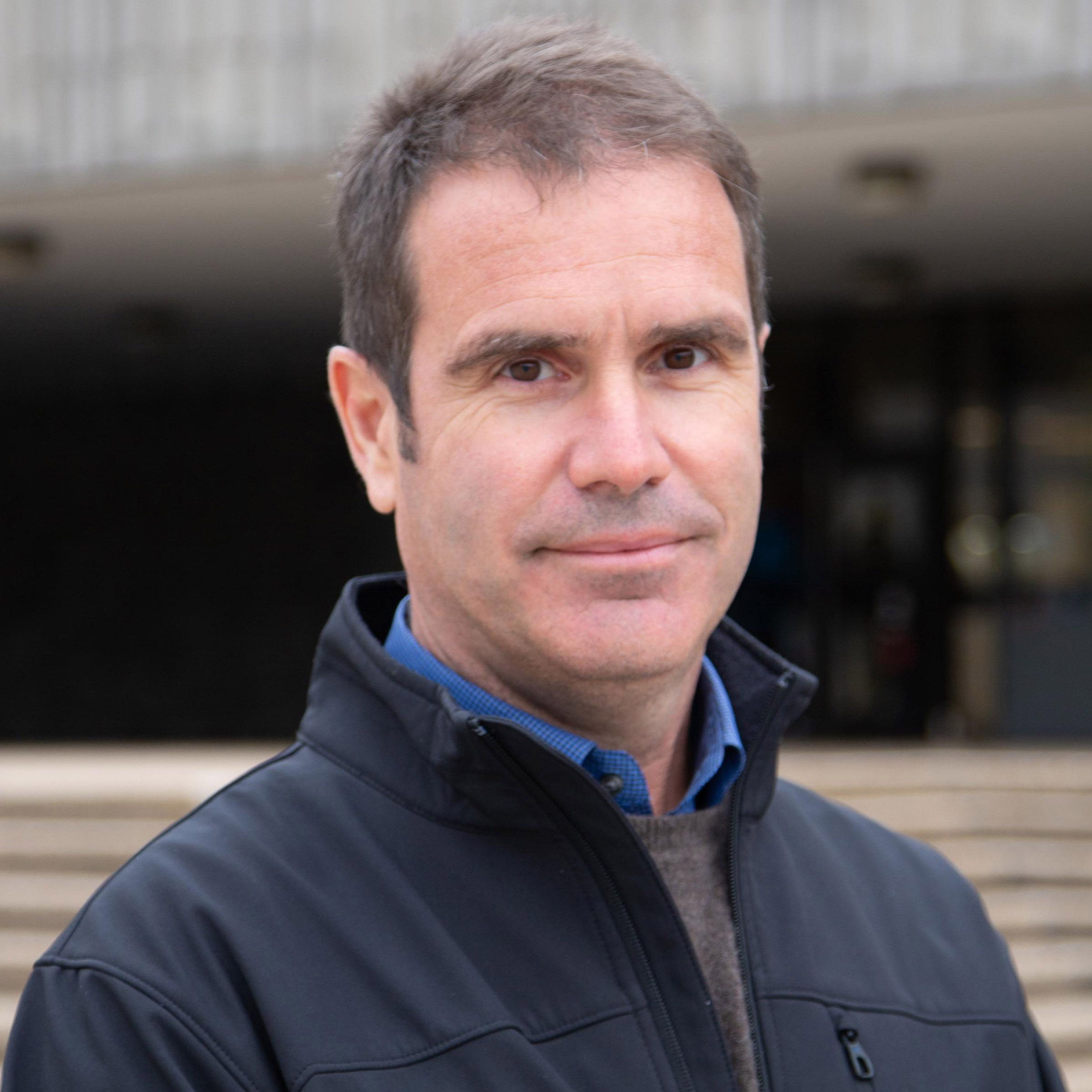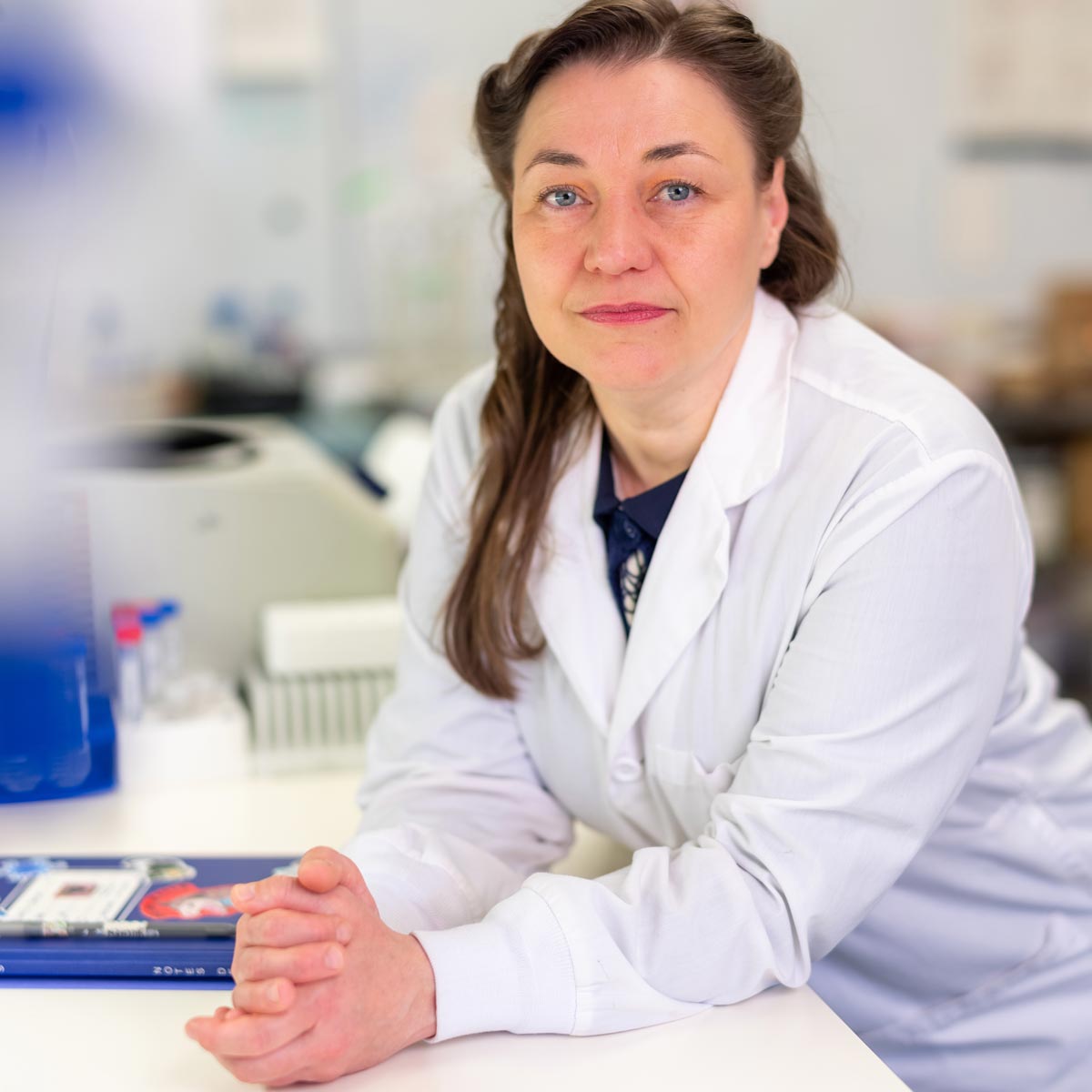Canadian Antibody and Biologics Innovation Nexus (CABIN)


Monoclonal antibodies (mAbs) are crucial therapeutic agents for treating pathogens, cancer, and autoimmune diseases. They offer rapid therapy against infectious agents like SARS-CoV-2 and are essential in modulating immune responses and treating cancers. Despite their potential, challenges such as high costs, slow rollout, and inefficient administration hinder their widespread use, especially in lower to middle-income countries (LMIC).
The Canadian Antibody and Biologics Innovation Nexus (CABIN) takes an interdisciplinary approach to innovation in the mAb space. CABIN leverages U of T's expertise and partnerships to develop effective mAb technologies, streamline biomanufacturing, and enhance patient delivery methods. CABIN's research program focuses on novel mAb generation platforms, AI-driven development, and alternative delivery methods like mRNA.
CABIN’s mission is to create scalable and accessible mAb therapies for Canada and the world.
CABIN team

Alberto Martin
Professor, Department of Immunology
Dr. Martin is a Professor and Sanofi Pasteur Chair in Human Immunology in the Department of Immunology at the University of Toronto. He completed his B.Sc. degree at McGill University, and his PhD degree in the Department of Immunology at the University of Toronto. He then pursued post-doctoral training at Albert Einstein College of Medicine in New York, U.S.A., with Dr. Matthew Scharff, focusing on characterizing the molecular mechanisms of antibody responses, specifically somatic hypermutation and class switch recombination, which are two processes that are central to the efficient neutralization of pathogens and toxins. In 2003, he was recruited as a faculty member to the Department of Immunology at the University of Toronto.
Dr. Martin’s research program is devoted to understanding the role of genes, their interaction with the environment, and their impact on immunity and pathological conditions, including cancer. His main interest is on antibody production, on how high-affinity antibodies are generated, and how antibodies of different classes are produced. Both of these processes are necessary for an efficient antibody response. Dr. Martin is also investigating the role of the gut microbiota in the etiology of colon cancer and in a new gene that promotes inflammatory bowel disease (IBD).

Omar F. Khan
Assistant Professor, Institute of Biomedical Engineering
Dr. Khan, Ph.D., P.Eng., is an Assistant Professor at the Institute of Biomedical Engineering. He is the Canada Research Chair in Nucleic Acid Therapeutics. He performed his graduate work in the University of Toronto’s Department of Chemical Engineering and Applied Chemistry under the supervision of Professor Michael V. Sefton. He later joined the laboratories of Professors Daniel G. Anderson and Robert Langer as a Postdoctoral Associate in the Massachusetts Institute of Technology. Professor Khan was the Scientific Founder and Chief Scientist of Tiba Biotech and is the co-founder of Azane Therapeutics. As a nucleic acid, nanotechnology and immunology expert, he is regularly featured in television, radio and print news.
His early career focused on the creation of three-dimensional organoid models and engineered tissue substitutes. This work evolved to include the development of nucleic acid-based platform technologies and novel biomaterials to study the genetic mechanisms of diseases and create RNA-based therapies. Now, Professor Khan endeavours to contribute to Canada’s growing research-to-translation ecosystem by creating new regenerative medicine-enabling technologies, and training highly qualified personnel capable of addressing diverse local and global bioengineering needs.

Bebhinn Treanor
Professor, Department of Biological Sciences, University of Toronto Scarborough
Bebhinn Treanor is a Professor in the Department of Biological Sciences at the University of Toronto Scarborough. She is a Canada Research Chair in Spatially-resolved Biochemistry and Associate Chair of Research and Graduate Affairs. Her interdisciplinary research program combines immunology and cell biology to make fundamental basic research discoveries to further our understanding of human health and disease. Her interdisciplinary research uses multiple methodologies, from molecular biology and biochemistry, to genetic mouse models and state-of-the-art microscopy. Her overarching goal is to identify novel regulators of B cell activation that could be targets for therapeutic interventions for the treatment of B cell diseases such as autoimmunity and leukemia. Her laboratory at UTSC interrogates B cell activation at the level of single molecules within individual cells, and they have recently identified two novel regulators of B cell activation; the glycan-binding protein galectin-9, and the channel-kinase, TRPM7. In collaboration with Dr. Jean-Philippe Julien at SickKids, Dr. Treanor has developed and patented a protein-based nanoparticle platform to multimerize antibody fragments, the Multabody (MULTi-specific, multi-Affinity antiBODY), as a new therapeutic tool in the treatment of human disease. Dr Treanor is an academic co-founder of Radiant Biotherapeutics, which has licensed the Multabody platform for clinical development.
